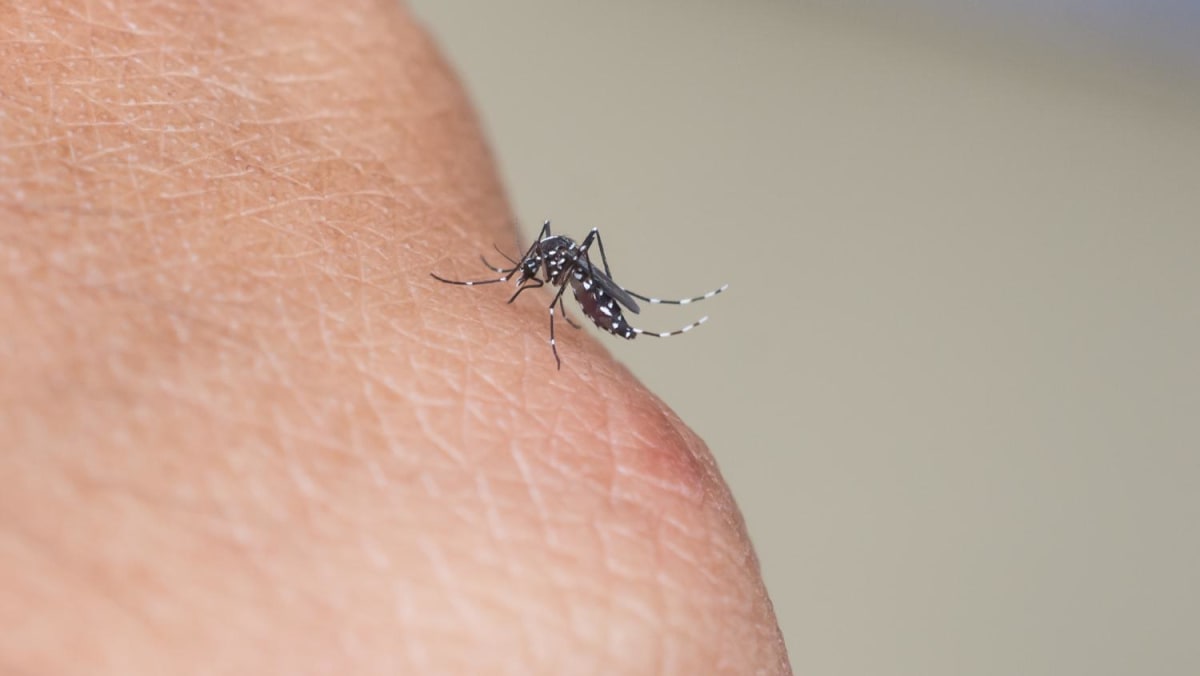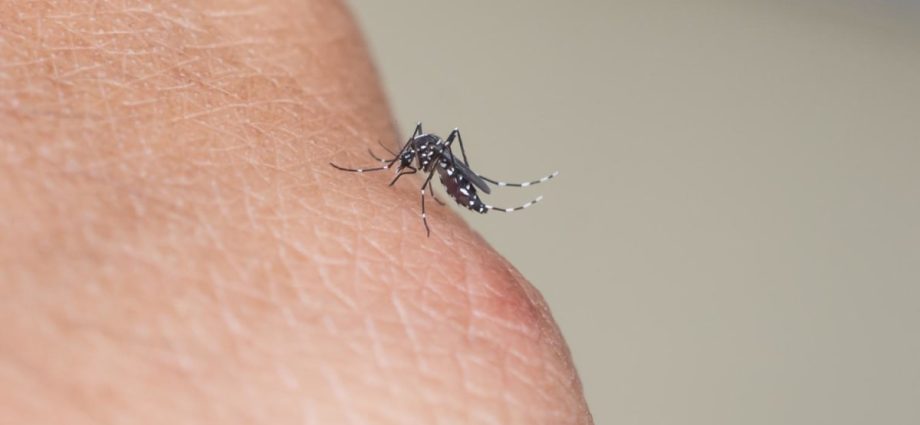
DENGUE CLUSTERS
NEA highlighted the case of a dengue cluster in Boon Lay, where it detected 174 instances of mosquito breeding, 101 of which were found in homes.
“NEA continued to detect mosquito breeding more than three months after the dengue cluster was formed,” it said.
“In particular, in December 2023, a residential premises was found with profuse mosquito breeding in two mop pails, containing over 100 and more than 900 mosquito larvae each.”
In another case, a dengue cluster in Pasir Ris saw 90 instances of mosquito breeding, of which 62 were found in homes.
One home in the area had a pail containing about 100 larvae last December. Another home in Pasir Ris was found with three instances of mosquito breeding – in a bucket cover, a basket and a flowerpot.
In September 2023, NEA also uncovered multiple breeding sites during an inspection at a Club Street construction site.
Mosquito breeding was detected in water tanks, a scupper drain and a road cutter machine, it said, adding that a stop-work order (SWO) was issued to the contractor, M/S Tiong Seng Contractors, on Sep 8.
“However, the contractor was found to have not complied with the SWO on three occasions in October 2023,” NEA said. “In November 2023, mosquito breeding was detected once more at the same site at Club Street.”
The contractor was charged in court and fined S$217,500 (US$161,422) for multiple offences.
NEA said that it will take “stern enforcement action” against non-compliant owners who obstruct its officers from carrying out dengue inspection duties.
It highlighted one case in July 2023 at Rivervale Drive, where an NEA inspection officer detected mosquito breeding in a porcelain pot.
When informed of the breeding and that samples would be collected, the owner “turned aggressive and attempted to destroy the evidence”.
The owner was subsequently charged in court and fined S$1,000 for obstructing NEA officers in their duties.
“IMMEDIATE ACTION” TO STOP DENGUE
Stakeholders – including homeowners, managing agents and construction companies – have a role to play in vector control, NEA said.
It urged the construction industry to do its part to curb dengue transmission by putting in place a good system of housekeeping, refuse management and routine pest control checks and treatment, to protect their workers and visitors against dengue.
The agency also called for “immediate action” to suppress the Aedes mosquito population and break disease transmission at their premises by practicing the “B-L-O-C-K” steps:
- Break up hardened soil
- Lift and empty flowerpot plates
- Overturn pails and wipe their rims
- Change water in vases
- Keep roof gutters clear and place BTI insecticide inside
Residents, especially those living in dengue cluster areas, should also do their part and carry out the “S-A-W” protective actions against dengue.
- Spray insecticide in dark corners around the house
- Apply insect repellent regularly
- Wear long-sleeve tops and long pants
“Individuals diagnosed with or suspected to be infected with dengue are also advised to avoid further mosquito bites, by carrying out the S-A-W actions, to prevent passing on the dengue virus to mosquitoes and other people in their neighbourhoods,” NEA said.

